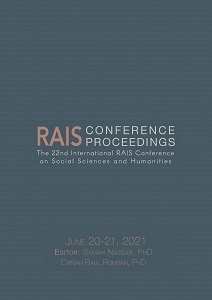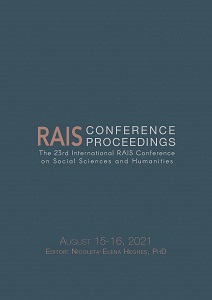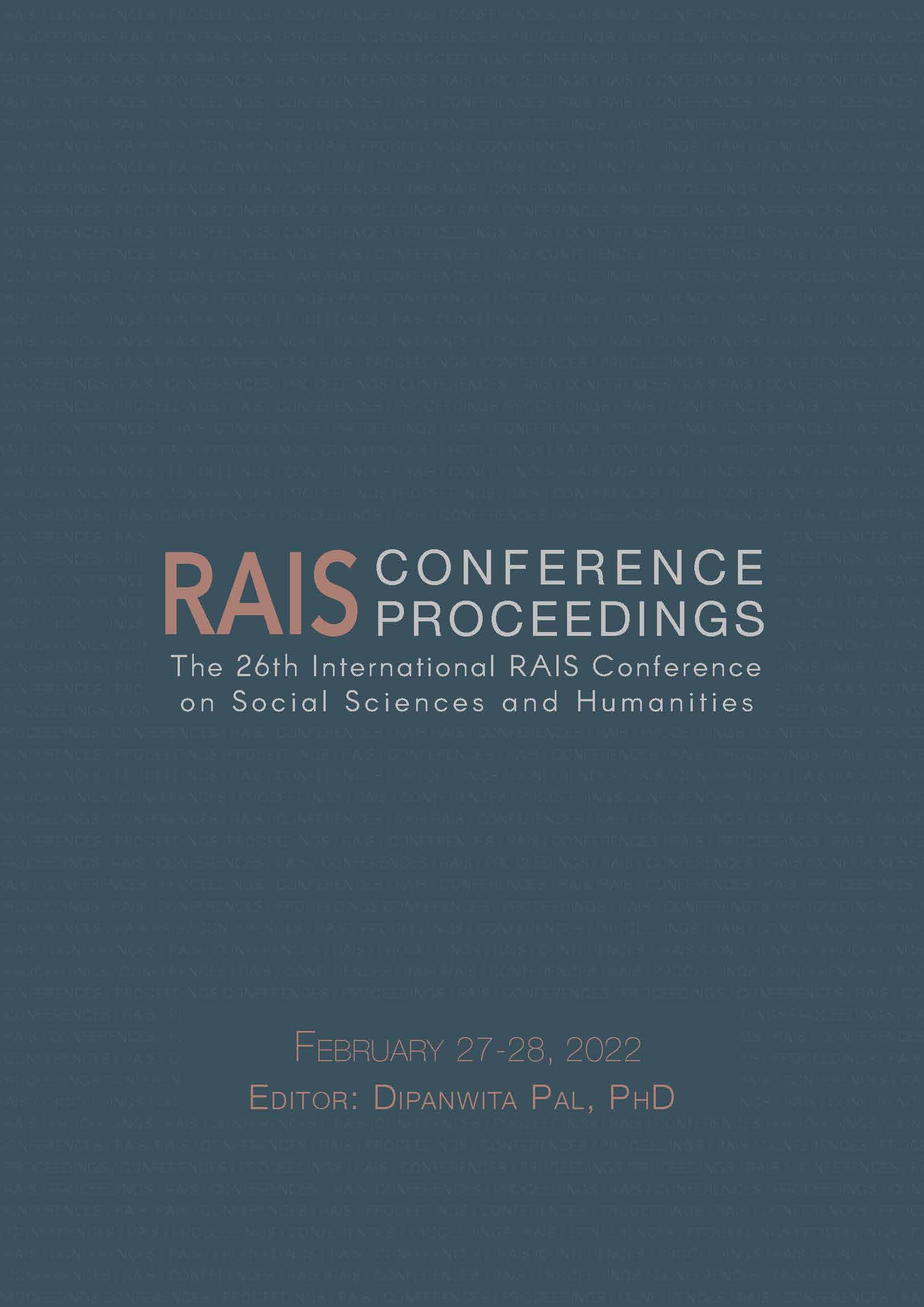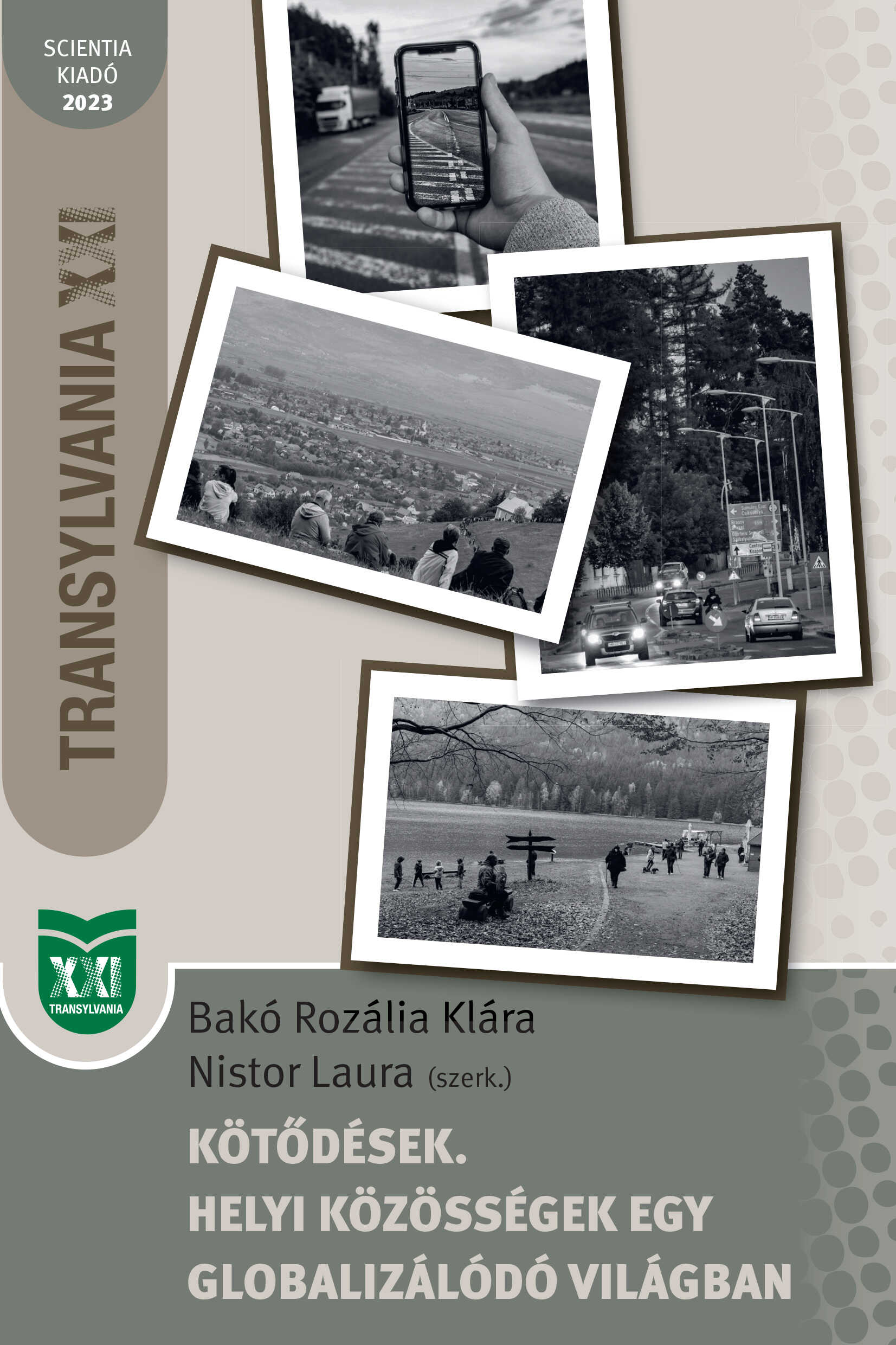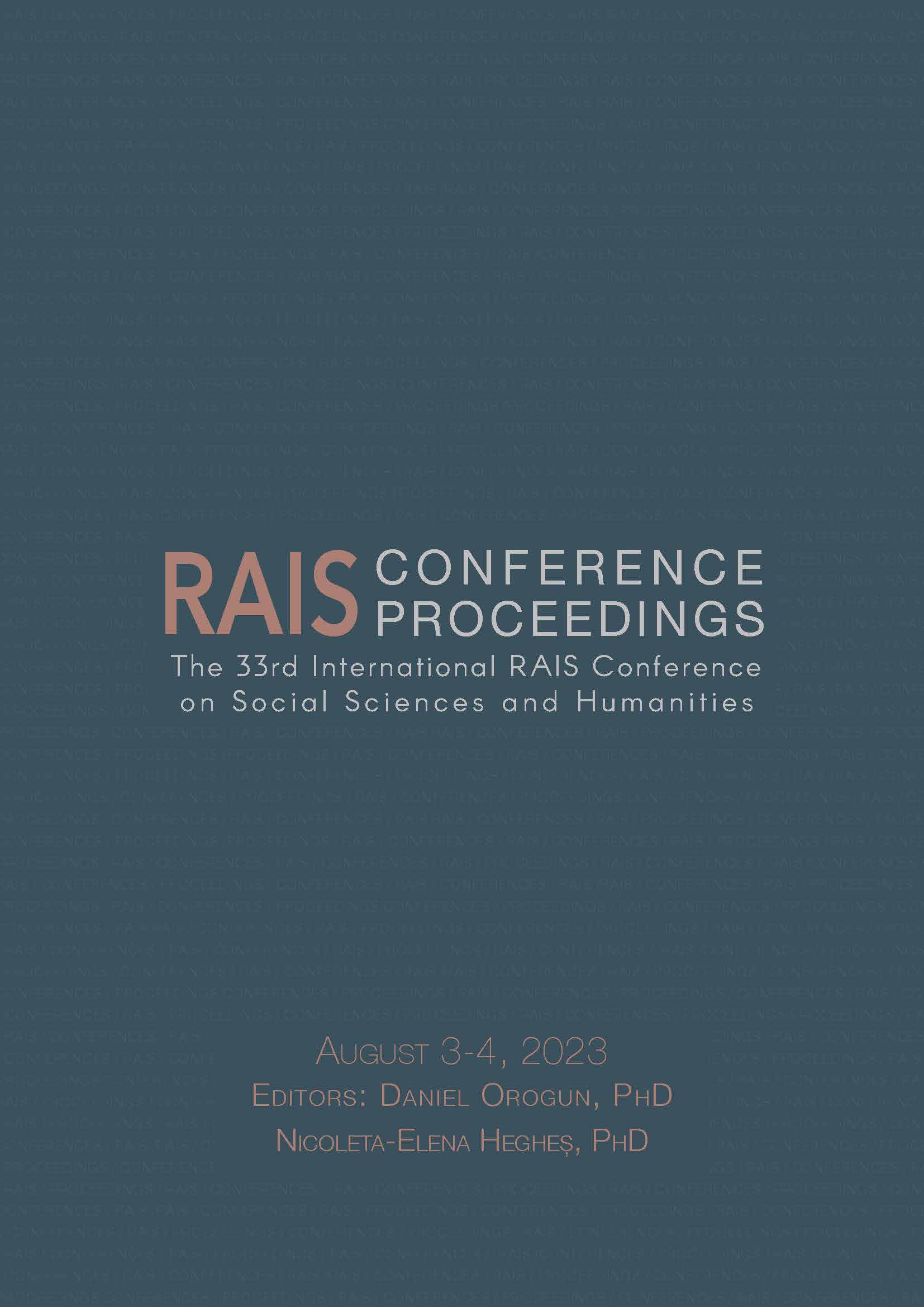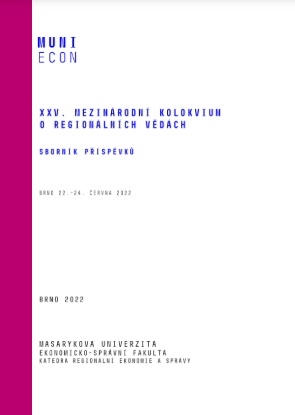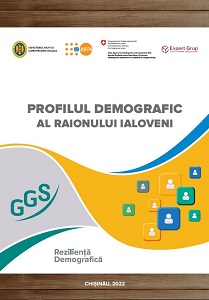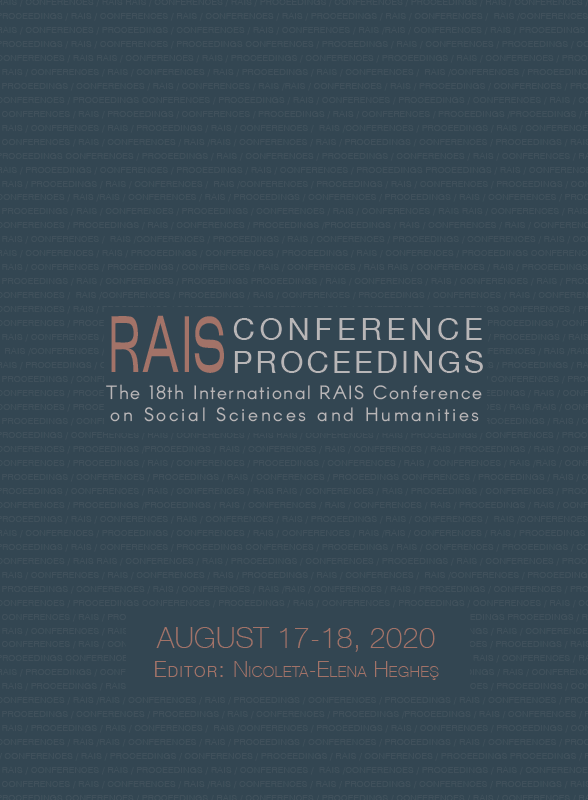
Meeting Students’ Expectations of Blended Learning
Blended learning as a mode of delivery is widespread in universities. It has gained even more prominence during the Covid-19 pandemic. Most educational programs in many countries had to be adapted abruptly to remote teaching or an online mode, sometimes halfway through the course. This resulted in parts of the courses that have been presented face-to-face being offered online. This situation underscores the importance of research into developing and refining blended learning courses and gaining insight into students’ expectations of blended modes of learning. In the course reported on in this paper, self-directed learning was a key learning goal. Students, therefore, had to be at the core of the learning process. Although considerable research has been conducted on the development and structuring of blended learning courses, research about students’ preconceived and informed expectations of blended learning is limited. The current study compared students’ expectations at the start of a blended learning course to their informed expectations at its conclusion using purposely designed qualitative questionnaires as well as interviews. Comparison and thematic analysis of the data clarified to what extent the expectations of students was met in this blended learning course. The findings showed that students’ preconceived expectations were mostly positive and frequently matched their informed expectations. Recommendations are made for the structuring of subsequent blended learning programs in higher education settings in order to meet students’ positive expectations and to lower their negative expectations whilst adhering to the goal of developing self-directed learning in students.
More...

